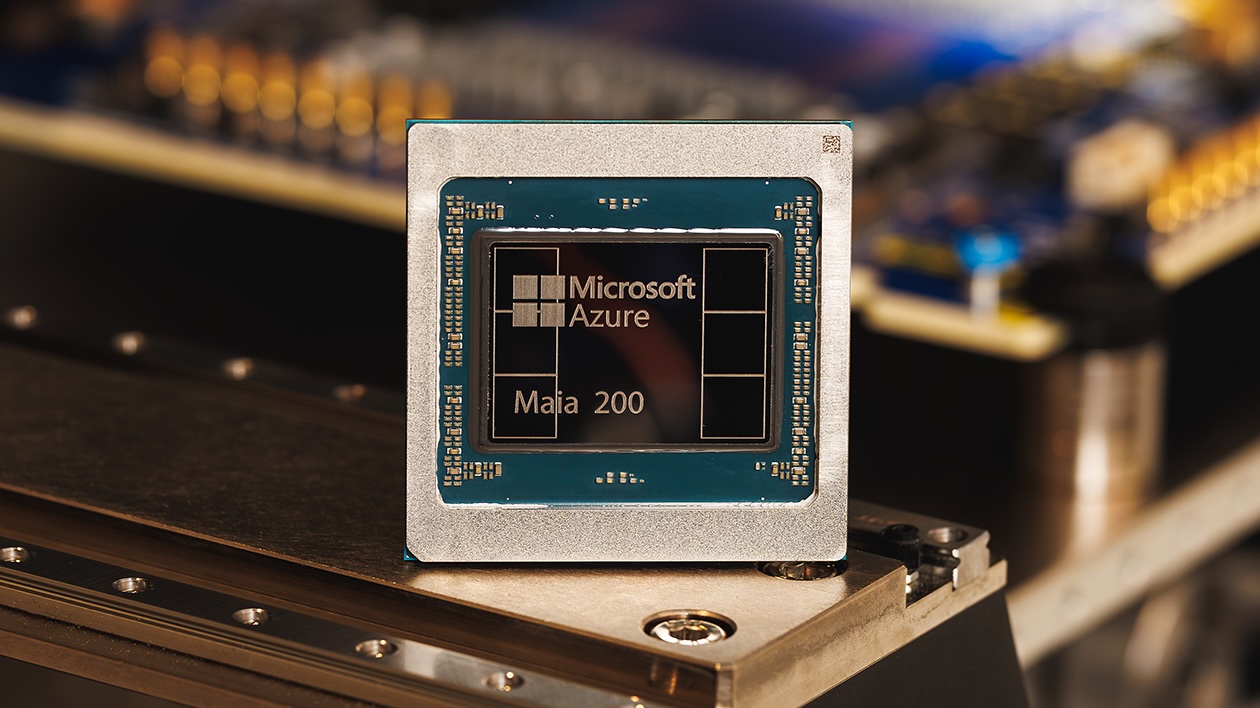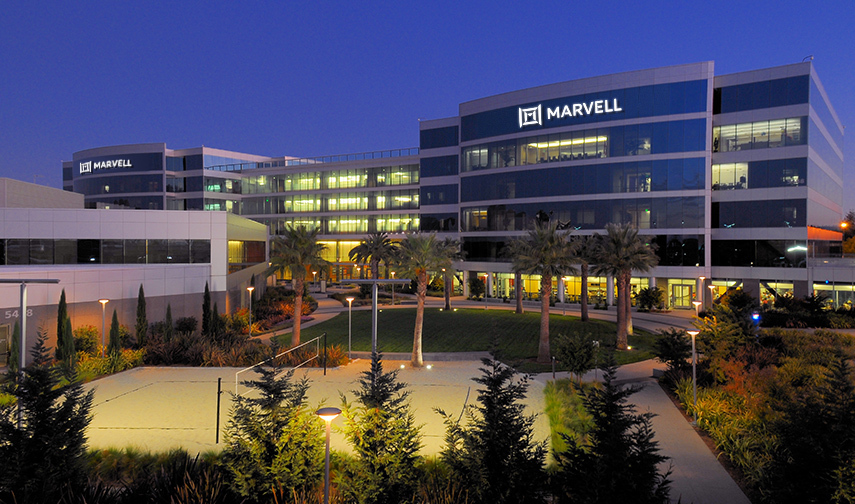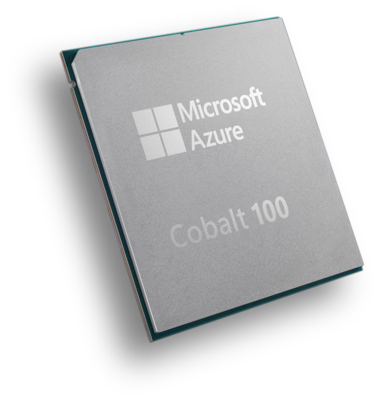Infineon Technologies announced its intention to acquire Marvell Technology’s Automotive Ethernet business for $2.5 billion in cash in a move that expands its microcontroller and automotive systems portfolio.
The deal will strengthen Infineon’s U.S. presence and is expected to close in 2025, pending regulatory approvals.
Infineon’s Play
Ethernet is increasingly essential in modern vehicles. With the shift toward zonal architectures, centralized computing, ADAS, and over-the-air updates, cars are becoming more like rolling data centers. Reliable, low-latency communication is key, and that’s what Marvell’s Automotive Ethernet business brings to the table.
Infineon leads the market in automotive microcontrollers with its AURIX portfolio. Adding Marvell’s networking technology will allow it to offer OEMs a more integrated platform, making it easier for automakers to build SDVs using a single supplier.
Strategically, Infineon gains:
- A strong customer base, including 8 of the world’s top 10 automakers
- A healthy, high-margin revenue stream ($225-$250 million expected in 2025 with ~60% gross margin)
- A $4 billion design-win pipeline through 2030
- Synergies from combining R&D and leveraging Infineon’s global manufacturing reach
- A stronger U.S. footprint, especially in R&D talent
The deal will position Infineon to better compete with rivals like NXP, Renesas, and Texas Instruments, all of whom are pursuing their own versions of SDV-ready silicon platforms.
Marvell’s Rationale
For Marvell, the rationale is equally clear. While its Automotive Ethernet business is strong, it’s a relatively small piece of Marvell’s broader portfolio — and not core to where the company sees its future growth.
Today, about 75% of Marvell’s revenue comes from data center infrastructure, including cloud-optimized silicon, custom chips for hyperscalers, and networking gear for AI workloads. This is where Marvell wants to double down.
Selling the Automotive Ethernet business for $2.5 billion (a premium valuation) gives Marvell:
- Capital to reinvest in its highest-growth markets
- A cleaner, more focused portfolio
- Strong returns for shareholders
The sale of its automotive networking business aligns with Marvell’s broader strategy of being a leading infrastructure player in data-centric markets, rather than competing in the increasingly integrated automotive semiconductor space.
Analysis
This acquisition changes the dynamics in automotive networking, seeing Infineon becoming an even more powerful player in the global SDV ecosystem. Its ability to offer microcontrollers and high-performance Ethernet networking makes it a more attractive partner for OEMs looking for integrated solutions.
Meanwhile, competitors will feel the pressure, including NXP and Renesas, who already compete with Infineon in microcontrollers and networking. This also impacts specialized automotive network providers like Broadcom and Realtek who will now have a less complete stack than Infineon.
This is a classic win-win deal. Infineon accelerates its push into software-defined vehicles with a highly complementary acquisition. Marvell exits the automotive Ethernet market at an attractive valuation, freeing up resources to focus on cloud and data infrastructure.
Long term, the deal aligns with a broader trend where the future of automotive semiconductors will belong to companies that can offer integrated, system-level solutions.
With this deal, Infineon takes a big step closer to that future.





